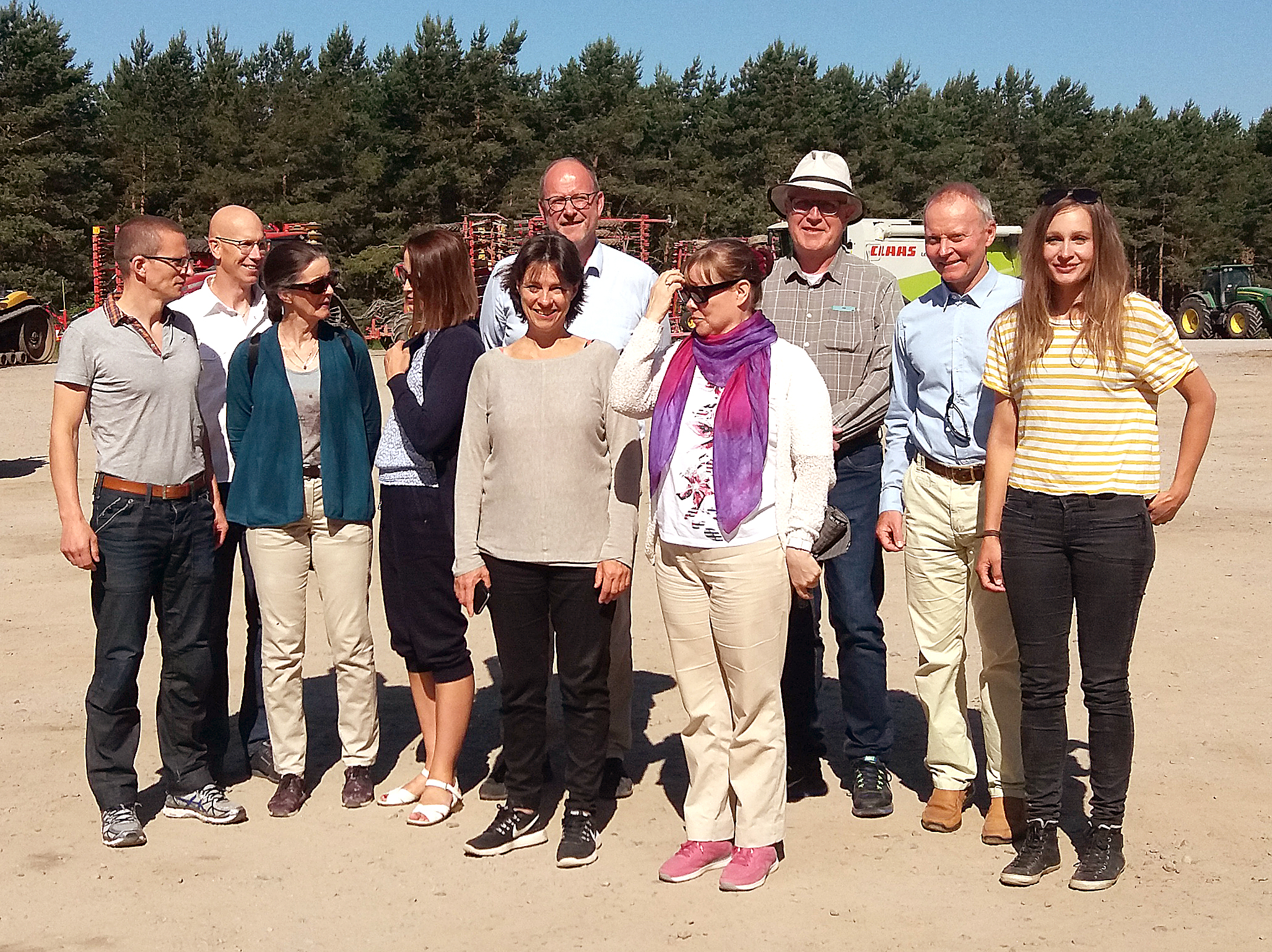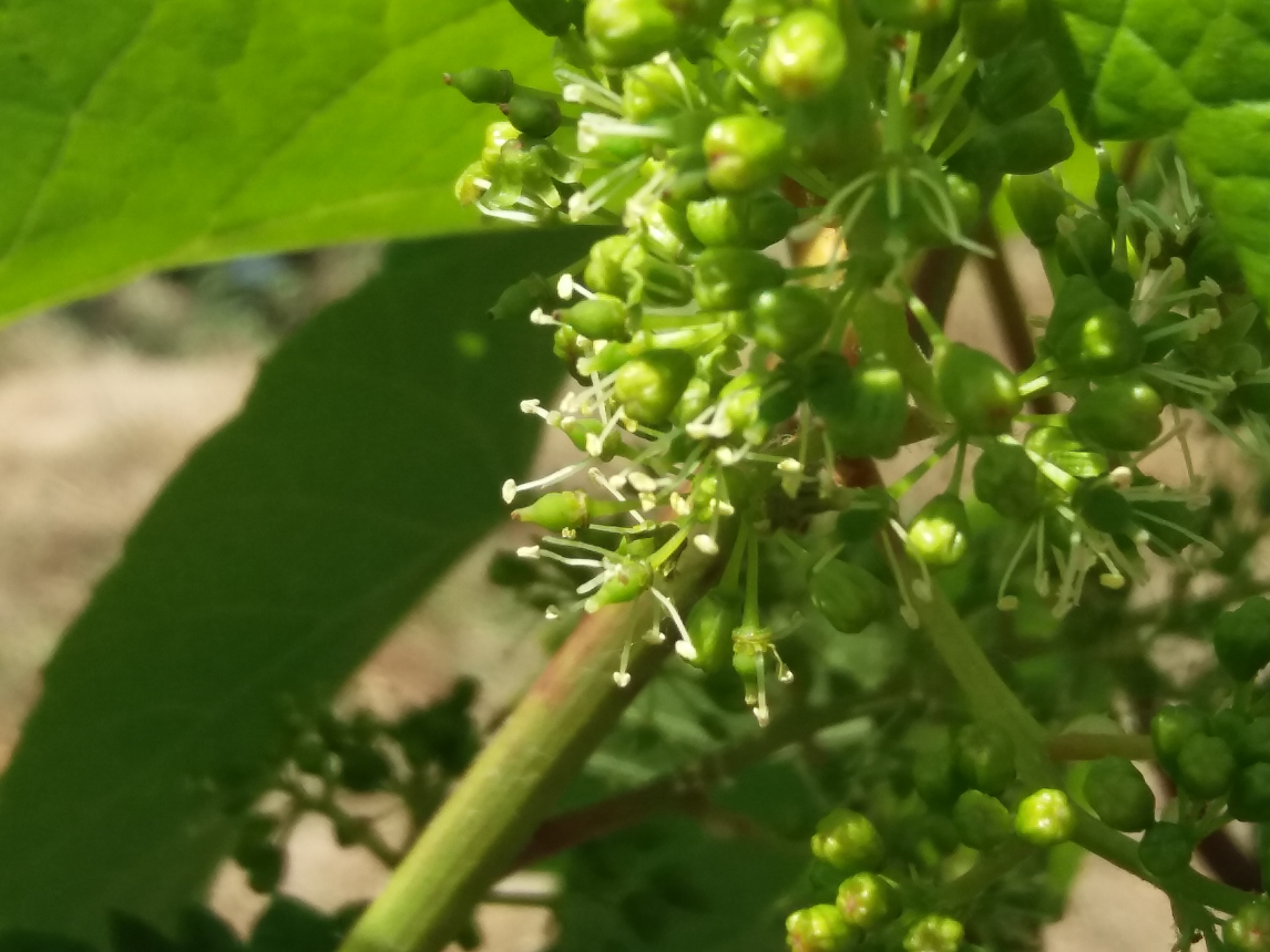Nine new research networks will work towards Nordic benefits and progress in agriculture and food over the next two years, supported by NKJ. The NKJ board has now decided which networks will receive funding after the latest call for proposals.
The number of applications was high, and they were well-written with important focus areas, making the selection process challenging. The board had a demanding task in balancing the budget. In the end, nine networks were granted funding for their upcoming collaboration.
See the list below for a brief overview of what the networks will be working on!
| Nordic network for food control research The long-term aim of the network is to increase the science-based knowledge in food control, which will ultimately benefit consumer safety and fair treatment of food businesses. This will be achieved by facilitating food control research across disciplines, initiating research collaboration resulting in international research funding applications and increasing transdisciplinary collaboration between academia, food control authorities and food businesses. |
| Nordic Alternative Protein Knowledge and Innovation Network (NAPKIN) The NAPKIN network wants to position Iceland, Finland, Denmark, Sweden and Norway as key actors in protein transition, which leads to economic growth as well as increased health and well-being of the people and the planet. The aim is to establish a viable Nordic network of researchers and stakeholders, fostering the exchange of ideas and knowledge, and facilitating joint funding applications at both the Nordic and EU levels, to address knowledge/research gaps collaboratively and strengthen the region’s common capabilities. |
| Fimbulwinter wheat – creating a team with a plan to adapt winter wheat for difficult winters The long-term aim of the network is to deepen understanding of important traits for increased stability of winter wheat cultivation in the Nordic and Baltic countries. |
| Network for Nordic Landrace Sheep Wool (NordWool) The long-term aim of the network is to enhance sustainable use of Nordic sheep breeds, emphasizing wool quality to balance the current focus on meat production. By promoting the often-overlooked role of wool, the project contributes to a more holistic utilization of these genetic resources. T |
| Nordic berry research network The long-term aim is to establish a research forum for the mutual exchange of knowledge across a wide range of issues and challenges related to both wild and cultivated berries. This approach will enable the identification and utilization of synergies between existing resources while fostering the creation of new ones. |
| Cultivated muscle-cell based food (CMBFood) The network gathers a diverse group of stakeholders (including scientists working with all aspects of cultivated meat), to support a holistic exchange of ideas and knowledge, and joint applications for research in cultivated muscle-cell based food, with special focus on the end-product, in the Nordic countries. |
| Healthy udders through a herd health perspective The long-term aim of the network is to enhance health, welfare and milk quality of dairy cattle as the basis for long-term sustainability of dairy farms in the Nordic countries. Furthermore, this collaborative network aims to enhance competitiveness and profitability of the Nordic dairy production and safe dairy products for the consumers. |
| NORDIC-BALTIC Research Network on Organic Food and Farming The network will arrange a scientific in-person conference directed towards the Nordic-Baltic organic research, and relevant stakeholder, community. The aim of the conference is to share and discuss recent research outcomes within organic food and farming and its societal interactions – dialogue and cooperation between stakeholders are necessary for implementation of research. |
| Understanding plastic pollution in agrifood systems to protect agriculture and health: The AGRIFOODPLAST Network The network will strengthen the Nordics’ role in shaping EU policies on soil protection and food safety regarding plastic and chemical additive pollution, drive innovation in Nordic and EU research agendas, coordinate Nordic research efforts and integrate plastic pollution into broader agricultural sustainability analyses. |































